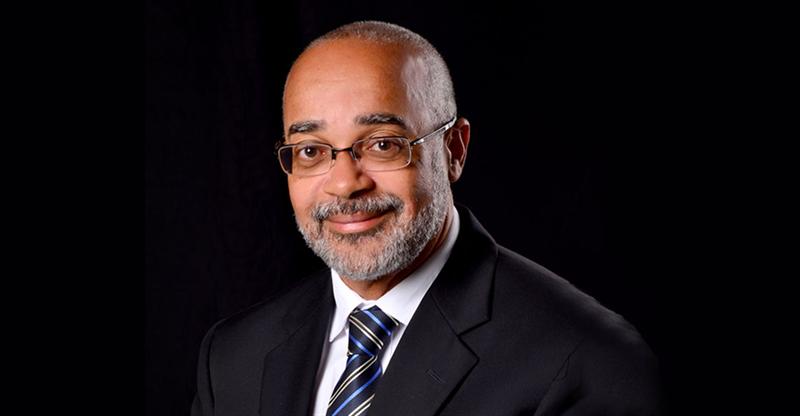Dr. Jules said successful integration includes educating people as well as listening to their concerns.
 Director General of the OECS, Dr. Didacus Jules, has weighed in on Brexit and its implications for OECS integration.
Director General of the OECS, Dr. Didacus Jules, has weighed in on Brexit and its implications for OECS integration.
In a prepared statement, Dr. Jules made the point that Caribbean nations should learn the lessons of the European experience to improve its own integration efforts.
He drew upon the writings of Sir Arthur Lewis who stated that "the stumbling block to Federation is the opposition of small local potentates" like the planter, merchant or politician "who fears that his voice, a big noise in a small community will be unheard in a large federation, and has so far succeeded in preventing it."
"It takes leaders of exceptional vision to look beyond the immediate to the strategic," Dr. Jules said. "While Brexit has created the opportunity for those opposed to regional integration to find comfort, this will be a protracted process in which much will be lost.
"It is clear that Brexit was a rejection of an integration process that the average person did not understand. Connecting the people to the process must be a continuous commitment not simply to giving and sharing information but also an obligation to listen to people. Integration processes must connect not only with people’s dreams and aspirations but also listen to and address their fears," he explained.
As Brexit unfolds, "it is imperative that we go deeper in our analysis, firstly in order to better re-position ourselves and advance our interests/relationships, and secondly in order to learn the lessons of the European experience to improve our own integration effort," he said. "The cost of inaction in not educating and empowering youth far outweighs the cost of action."